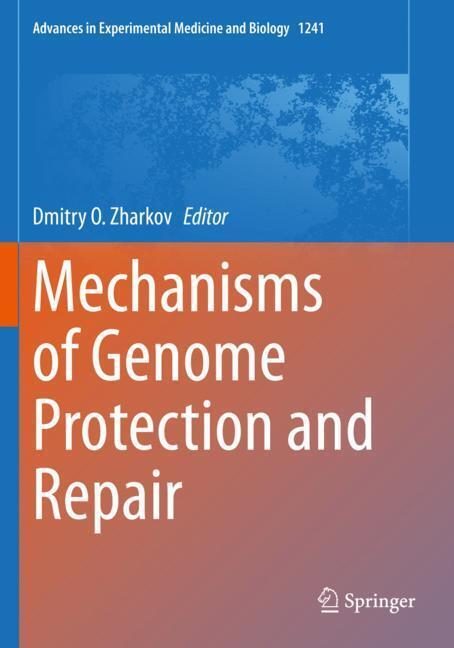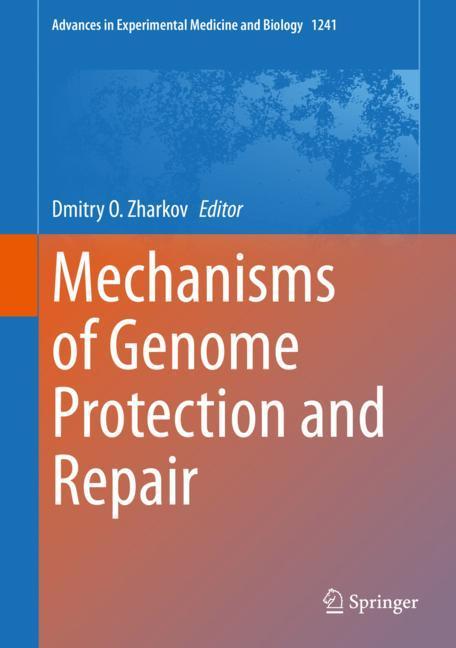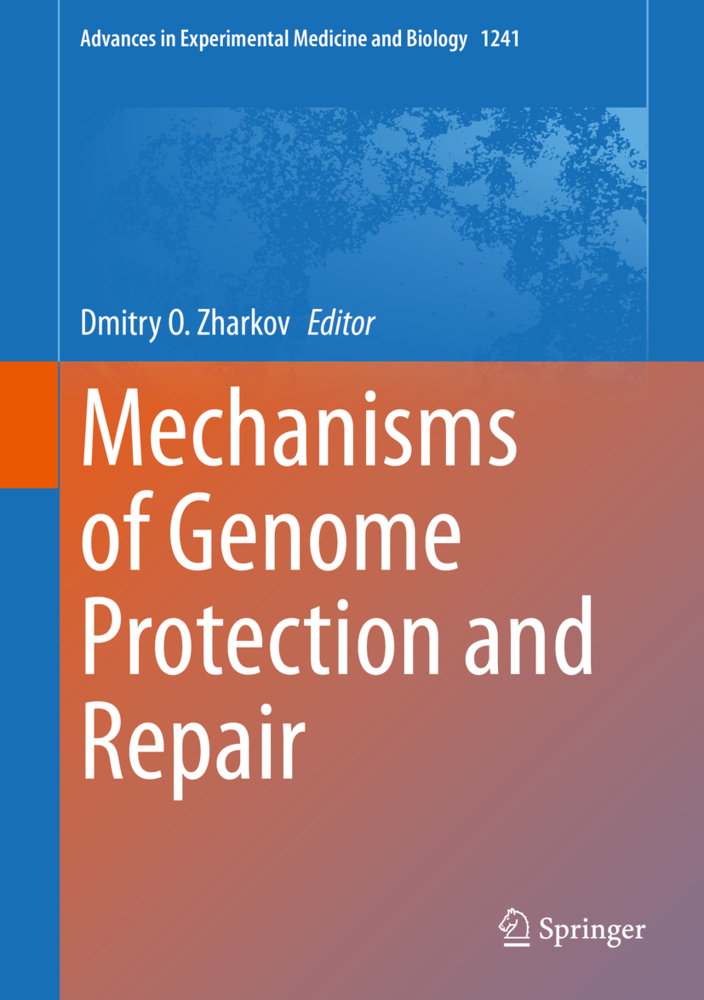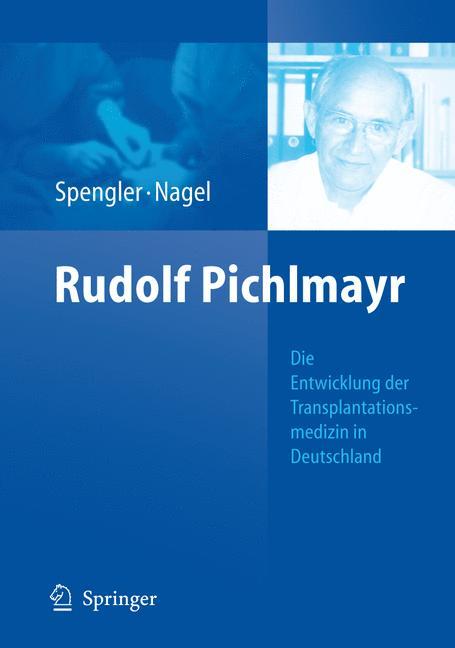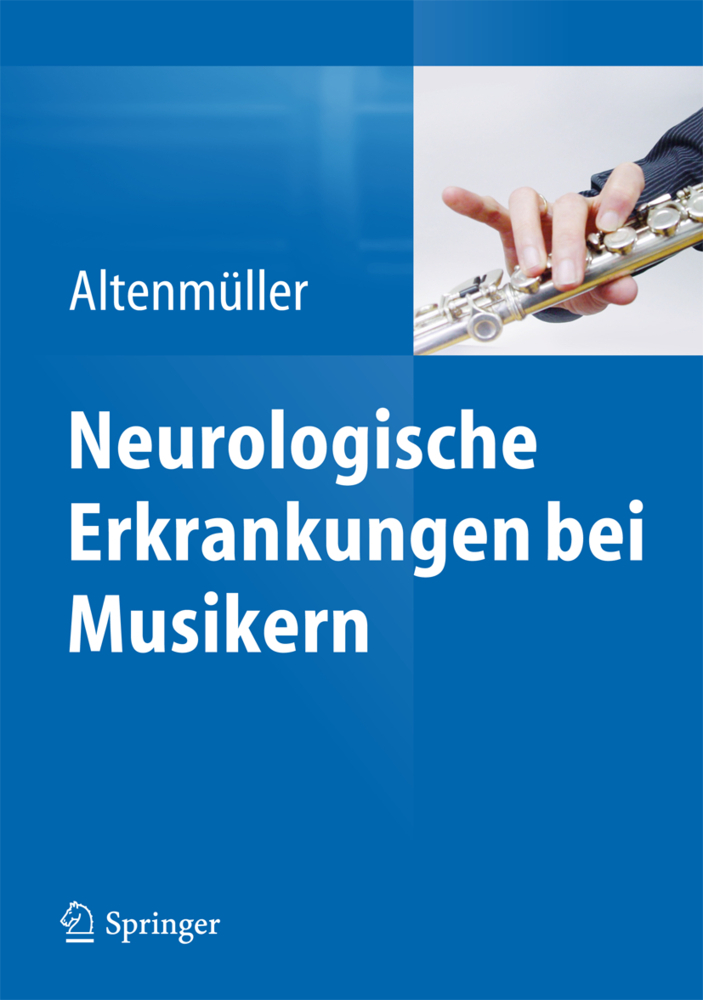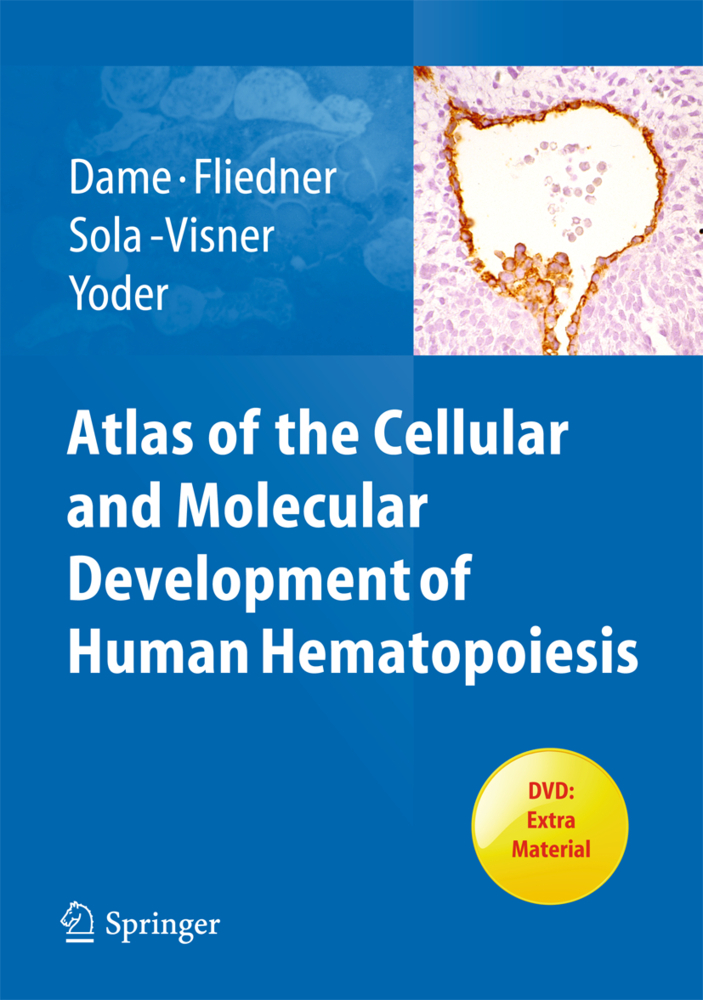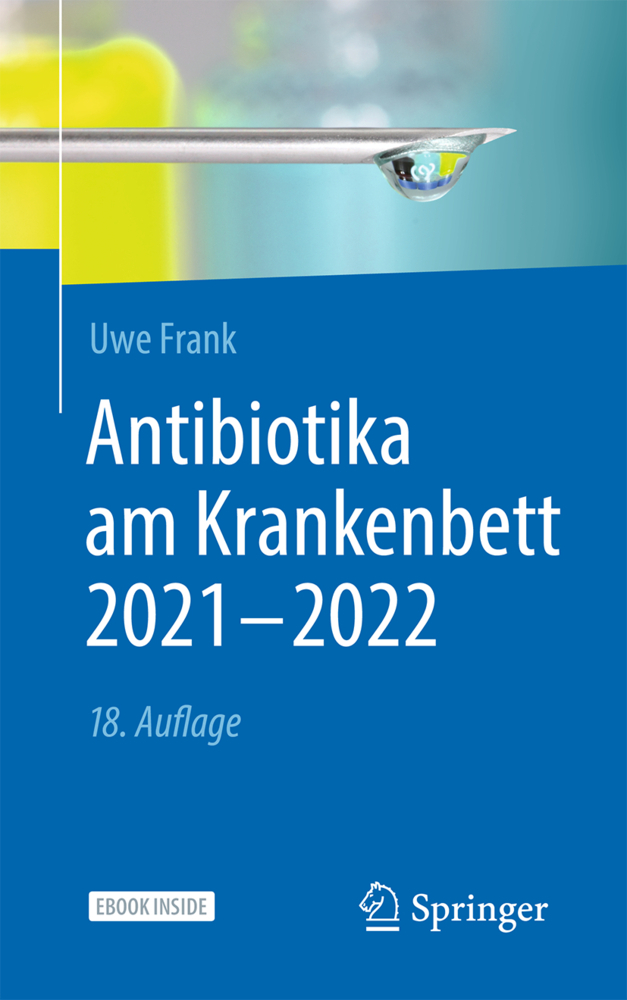Mechanisms of Genome Protection and Repair
Mechanisms of Genome Protection and Repair
DNA is under constant challenge from environmental and endogenous metabolic assaults. Several layers of defence and repair systems allow cells to maintain stable genomes; in humans, dysfunction of these systems leads to cancer, neurodegeneration, and other pathologies. At the same time, recently it had emerged that targeted and regulated DNA damage and repair is a mechanism underlying several important cellular processes such as epigenetic demethylation and immunoglobulin gene diversification. The present collection of papers is aimed to cover new developments in the area of protective and regulatory mechanisms associated with DNA damage. The mechanisms ruling the recognition of damaged nucleotides against the vast background of normal ones are reviewed. The role of extended non-catalytic domains that are often found in eukaryotic DNA repair proteins in contrast to their downsized, catalytic-only bacterial counterparts is discussed. Among the proposed subjects are the regulatory functions of bulky covalent modifications such as poly(ADP)ribosylation and ubiquitylation in DNA damage response, especially in the context of chromatin remodelling. As opposed to DNA repair, damage tolerance allows cells to replicate with lesions in the genome; the enzymes responsible are also covered. Finally, we present examples of modern multilevel understanding of the cell function and malfunction in the wake of genotoxic assaults such as oxidative stress, abiotic environmental stress, and DNA-damaging plant toxins.
<p>Preface.- Kinetic Milestones of Damage Recognition by DNA Glycosylases of the Helix-Hairpin-Helix Structural Superfamily.- Protein Engineering of DNA-Dependent Enzymes.- A Multifunctional Protein PolDIP2 in DNA Translesion Synthesis.- Impact of PARP1, PARP2 and PARP3 on the Base Excision Repair of Nucleosomal DNA.- Base Excision Repair in Chromatin and the Requirement for Chromatin Remodelling.- DNA Repair and Mutagenesis in Vertebrate Mitochondria: Evidence for Asymmetric DNA Strand Inheritance.- Mystery of Expansion: DNA Metabolism and Unstable Repeats.- The Detection of 8-Oxo-7,8-Dihydro-2'-Deoxyguanosine in Circulating Cell-Free DNA: A Step Towards Longitudinal Monitoring of Health.- Biotransformation and Toxicities of Aristolochic Acids.- Mechanisms of Sugar Beet Response to Biotic and Abiotic Stresses.- Studying ALS: Current Approaches, Effect on Potential Treatment Strategy.</p>
Zharkov, Dmitry O.
| ISBN | 978-3-030-41285-2 |
|---|---|
| Artikelnummer | 9783030412852 |
| Medientyp | Buch |
| Auflage | 1st ed. 2020 |
| Copyrightjahr | 2021 |
| Verlag | Springer, Berlin |
| Umfang | XVI, 220 Seiten |
| Abbildungen | XVI, 220 p. 30 illus., 20 illus. in color. |
| Sprache | Englisch |

